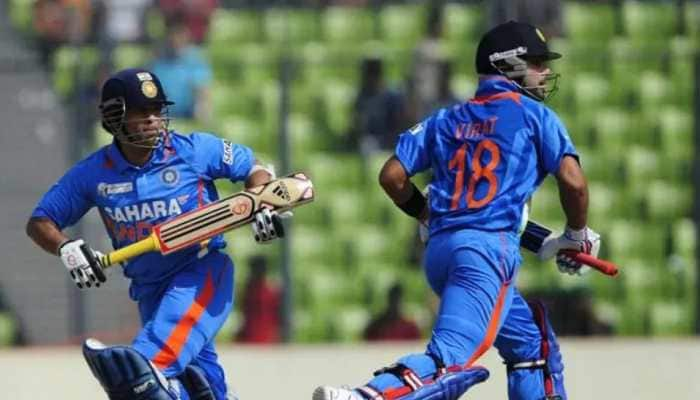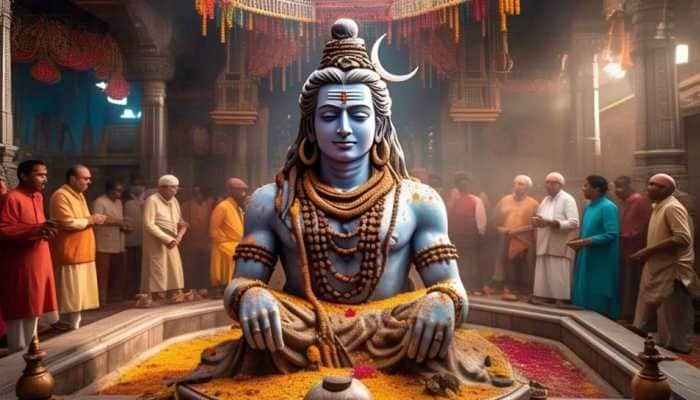Make Constitution meaningful: Kovind
"The Constitution empowers the people as much as people empower the Constitution and what they have done to uphold the Constitutional values," the President said.
Trending Photos
)
New Delhi: President Ram Nath Kovind on Sunday said that the Constitution was not an "abstract idea" and it has to be made meaningful for ordinary people by connecting it with theit daily life and needs.
"The Constitution empowers the people as much as people empower the Constitution and what they have done to uphold the Constitutional values," the President said in his inaugural address at a function here, organised by the Supreme Court, to mark the Constitution Day.
Pointing out that the executive, legislature and the judiciary must respect each other`s domain, he said at the heart of the Constitution was "trust" -- trust in each other and it is this trust that is inherent in the Constitution.
The President also released two books "The Constitution at 67" and "Indian Judiciary - Annual Report, 2016-2017" on the occasion.
Chief Justice of India Dipak Misra said that Supreme Court believes in Constitutional sovereignty and the only religion which "all of us should follow is Constitutional religion".
Stressing that "we must accept constitutional sovereignty and we must surrender to it", he said: "Citizens right have be at the pinnacle, at the zenith, there can`t be any compromise on the fundamental rights."
The CJI said that no fundamental right was absolute but fetters to it have to be scrutinised.
Union Law Minister Ravi Shankar Prasad said that the public interest litigation must not become a substitute for governance which must remain with the elected people who are mandated to look after governance.
On proactive judiciary, he said that the founding father of the Constitution gave the responsibility of law making and framing of policies to those elected by the people and it should be left to them.
Mentioning that judiciary has "latent accountability", Prasad said that "Independence of judiciary is important, but at the same time probity and propriety was also important" and with this comes the importance of maintaining the balance in three organs.
In his Constitution Day lecture, former Chief Justice of India Justice R.C. Lahoti said that judiciary must maintain self-restraint and must avoid encroaching upon the domain of the legislature and the executive.
"Judges should not assume the role of super legislature or super executive," he said, describing such an approach as "misadventure".
The tension between the three organs was "inevitable" and is "welcome", the former CJI said, pointing out that "democracy without discipline is democracy without future".
Attorney General K.K. Venugopal described the PIL as a "boon" which has now touched every sphere of life.
However, he said the courts must take the government on board on the question whether issues before the courts, in public interest, are achievable or what are the budgetary positions.
Stressing that it has to be "collective effort", Venugopal said that pronouncing a judgment was one thing but to implement it and achieve the results was quite a different thing.
He also said the top court can`t take recourse to Article 142 to invoke powers that the Constitution has not envisaged for it.
Stay informed on all the latest news, real-time breaking news updates, and follow all the important headlines in india news and world News on Zee News.
Live Tv







)
)
)
)
)
)
)
)
)
)
